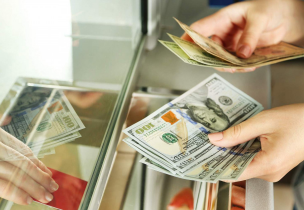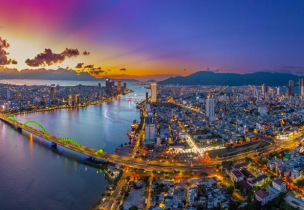Discover the best time to exchange currency in Vietnam with our comprehensive guide. Learn how to save money, avoid fees, and find the best rates for your travel or business needs.
See moreWhen traveling to Vietnam, understanding how to handle money exchange is one of the most important parts of your trip. Whether you’re exploring Hanoi’s ancient streets, sailing through Ha Long Bay, or wandering the alleys of Ho Chi Minh City, having the right currency at hand ensures a smooth, worry-free experience.
This guide covers everything tourists need to know about currency exchange in Vietnam — including the official currency, the best places to exchange money, local tips to get favorable rates, and common mistakes to avoid. Let’s dive into your ultimate handbook on tourist currency exchange Vietnam.
Understanding Vietnam’s Currency: The Vietnamese Dong (VND)
The official currency of Vietnam is the Vietnamese Dong (₫ or VND). It comes in denominations of 1,000, 2,000, 5,000, 10,000, 20,000, 50,000, 100,000, 200,000, and 500,000 VND. While the large numbers might look intimidating, it’s easy to get used to once you understand the conversion.
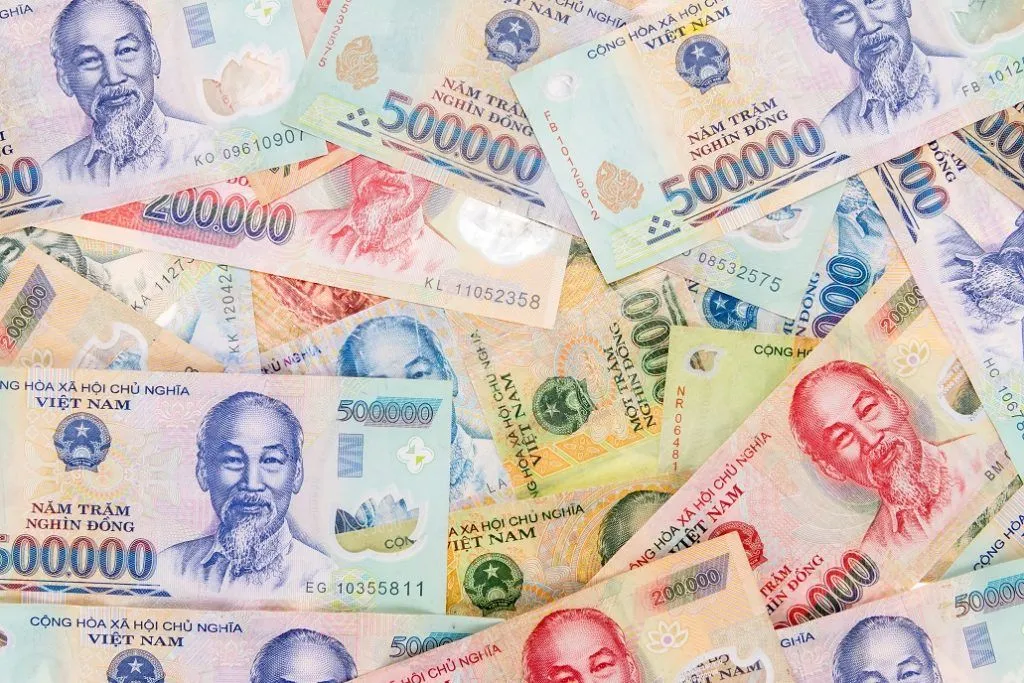
As of recent years, 1 USD is roughly equivalent to 24,000–25,000 VND, but rates fluctuate daily. Always check before exchanging your money.
Quick tip: Because the denominations are large, it’s wise to carry smaller bills for taxis, food stalls, and local markets, where exact change is often expected.
Where to Exchange Money in Vietnam
When it comes to tourist currency exchange Vietnam, travelers have several reliable options. Here’s an overview of the most common places:
1. Banks
Banks offer some of the most secure and reliable exchange rates. Major banks like Vietcombank, BIDV, ACB, and Techcombank have branches across all major cities. You’ll need your passport for identification, and the process usually takes a few minutes.
Pros: Safe, legal, transparent rates.
Cons: Limited working hours and longer queues in busy cities.
2. Currency Exchange Counters
Dedicated exchange counters can be found in airports, shopping centers, and tourist districts. They are convenient but often charge higher margins than banks.
Pro tip: Use exchange counters only for small amounts if you need immediate cash upon arrival.
3. Gold Shops
This may surprise some travelers, but gold shops in Vietnam are known for offering competitive rates and quick service. They’re especially popular among locals and seasoned tourists.
You can find reputable gold shops in Hanoi’s Old Quarter (e.g., Ha Trung Street) or District 1 in Ho Chi Minh City.
Pros: Excellent rates, fast transactions.
Cons: You need to know trustworthy locations to avoid fake notes or scams.
4. Hotels
Some high-end hotels offer currency exchange services for guests. However, the rates are generally less favorable compared to banks or gold shops. Use this option for convenience rather than value.
5. ATMs
ATMs are widely available throughout Vietnam. Many international cards (Visa, Mastercard, JCB) work here. Withdrawing directly in VND can save you time, though you may pay foreign transaction and ATM fees.
Tip: Choose ATMs belonging to major banks like VietinBank or Agribank to ensure secure transactions.
Airport vs. City Exchange: Where Do You Get Better Rates?
Many tourists arriving in Vietnam immediately exchange money at the airport. While this is convenient, it’s not always the smartest financial choice.
-
Airport exchange counters usually offer 10–15% lower rates than city banks or gold shops.
-
Best strategy: Exchange a small amount (about $20–$50) at the airport to cover your taxi or first-day expenses. Then, find a reputable exchange location in the city for the rest of your money.
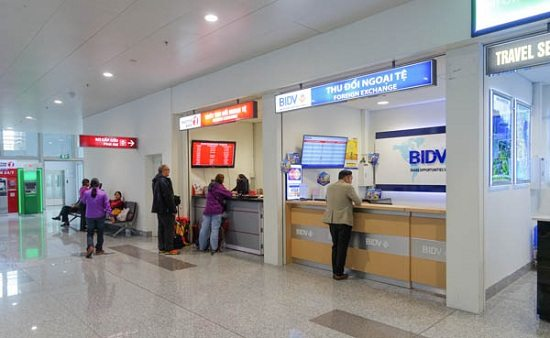
Exchange Rates and How to Get the Best Value
Getting the best exchange rate requires a bit of strategy. Here’s how to make sure you’re not overpaying:
-
Check the daily rate online before exchanging. Websites like XE.com or Google’s currency converter are reliable.
-
Avoid exchanging at tourist traps — some souvenir shops or street vendors may use fake rates to trick travelers.
-
Bring crisp, clean bills — Vietnamese banks often refuse torn or damaged notes.
-
Exchange larger amounts at once to avoid repeated service fees.
-
Ask for smaller denominations so you can easily make everyday purchases.
Can You Use USD or Other Foreign Currencies in Vietnam?
While some luxury hotels or travel agencies may accept US dollars, most local businesses operate strictly in VND. Even when USD is accepted, the exchange rate they use is rarely favorable.
In rural areas, foreign currencies are almost never accepted. Therefore, it’s best to always keep enough Vietnamese Dong on hand for convenience.
Common Scams Tourists Should Avoid
When discussing tourist currency exchange Vietnam, it’s essential to be aware of common scams. Here are some to watch out for:
-
Fake notes – Be cautious when receiving change. Counterfeit bills are rare but not unheard of.
-
Short-changing – Some vendors may return less change, especially when you pay with large bills.
-
“Dynamic conversion” at ATMs – Decline conversion offers; they often use poor exchange rates.
-
Street exchange offers – Avoid exchanging money with individuals on the street, even if the rate sounds appealing.
Tip: Always count your money carefully before leaving any exchange counter.
Using Credit and Debit Cards in Vietnam
Vietnam’s digital payment landscape is improving rapidly, especially in big cities. Many hotels, restaurants, and shops accept credit and debit cards, particularly Visa and Mastercard.
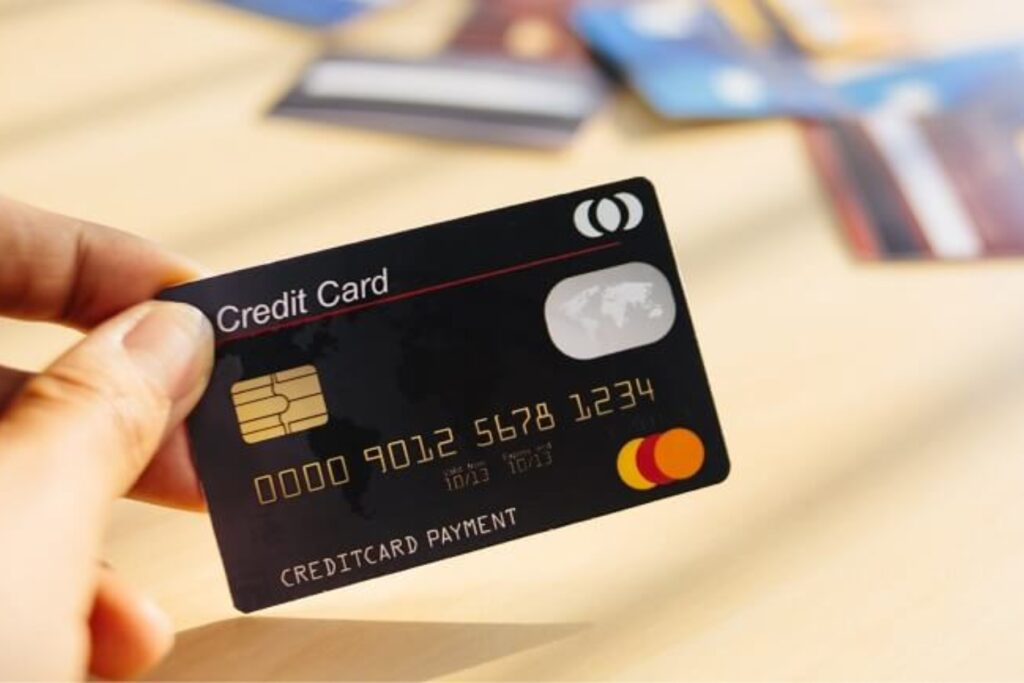
However, cash remains king in local markets and small towns. You might also encounter a 3% service charge when paying by card. For this reason, mixing card payments with a reasonable amount of local cash is the best approach.
Money Transfer Apps and Digital Alternatives
If you prefer not to carry too much cash, consider digital tools for your tourist currency exchange in Vietnam.
Apps like Wise, Revolut, and Remitly allow you to convert and transfer money to Vietnam with real-time rates. Some also provide virtual cards for instant use.
However, you’ll still need physical cash for many transactions, especially in traditional markets, taxis, or street food stalls.
How Much Cash Should You Carry in Vietnam?
Your cash needs depend on your travel style. Here’s a rough guideline for daily expenses (in VND):
-
Budget travelers: 500,000–700,000 VND/day (~$20–30)
-
Mid-range travelers: 1,000,000–1,500,000 VND/day (~$40–60)
-
Luxury travelers: 2,000,000+ VND/day (~$80+)
It’s a good idea to carry a mix of denominations, with smaller notes for daily spending and larger ones for hotels or shopping.
Tips for Safe and Smart Money Handling
-
Separate your cash – Keep small bills in your wallet and larger amounts in a secure money belt or hotel safe.
-
Use anti-theft bags – Pickpocketing can occur in crowded areas, so invest in a secure crossbody bag.
-
Avoid showing large sums in public – It can attract unnecessary attention.
-
Keep digital backups – Save your card details and emergency contact numbers separately in case of loss.
By following these tips, you’ll enjoy a safe, hassle-free experience while navigating currency exchange in Vietnam.
FAQ: Tourist Currency Exchange Vietnam
1. What is the best currency to bring to Vietnam?
USD, EUR, and AUD are widely accepted for exchange. USD is the most convenient.
2. Is it legal to exchange money outside banks?
Yes, at licensed gold shops or exchange counters. Street exchanges are illegal.
3. Can I use traveler’s cheques?
They are rarely accepted now. ATMs or digital apps are more practical.
4. Do I need to tip in Vietnam?
Tipping is not mandatory but appreciated in restaurants or for good service.
Conclusion
Navigating tourist currency exchange Vietnam doesn’t have to be confusing. With a little preparation and awareness, you can get great rates, avoid scams, and enjoy your journey with peace of mind.
Always remember to exchange your money at reputable places, stay updated on current rates, and keep your cash secure. Whether you’re backpacking through the Mekong Delta or sipping coffee in Hanoi, smart money management ensures a smooth and enjoyable trip in one of Southeast Asia’s most captivating destinations.

